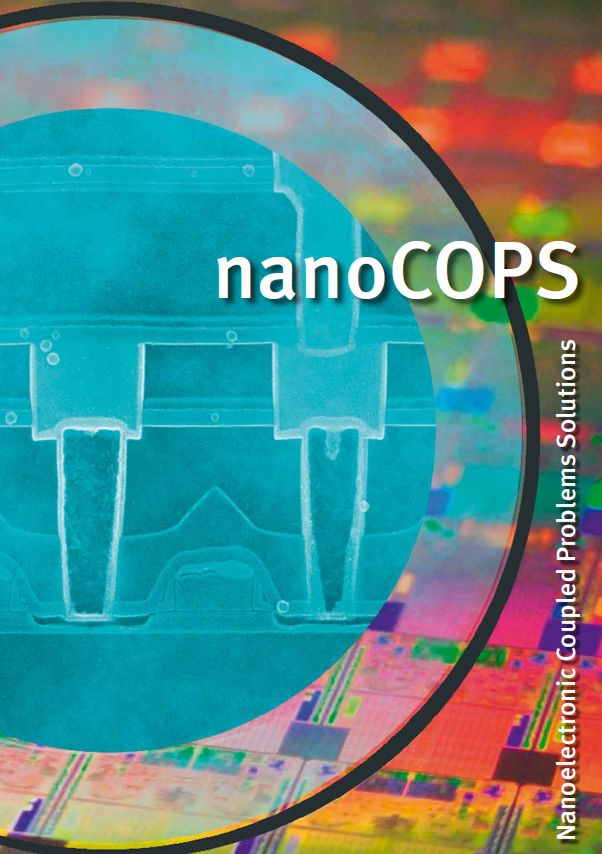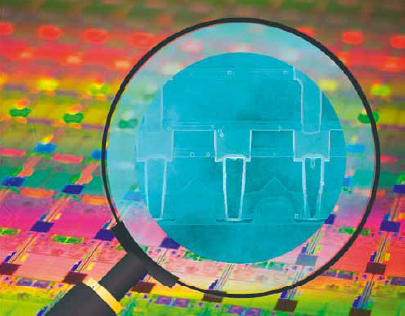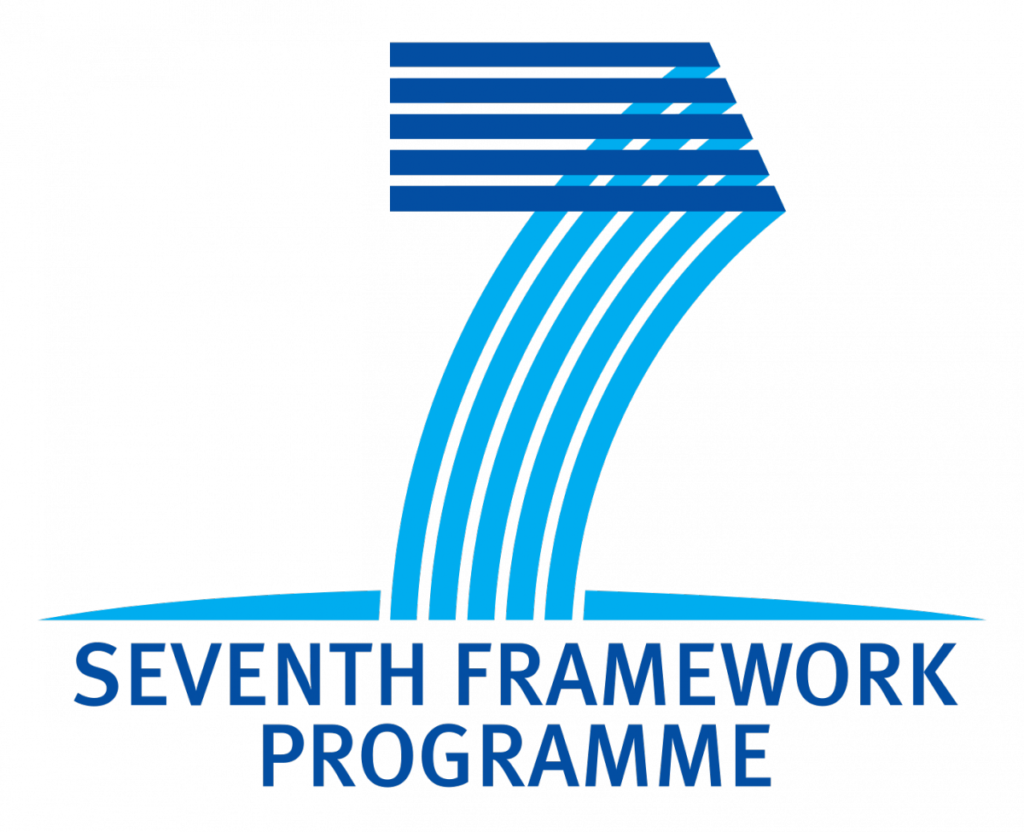Promoter: FP7-ICT Programme
Duration: 36 Monate
Projectstart: 1.11.2013
Projectpartner: 12 Universitäten, Forschungseinrichtungen und Firmen der Nanoelektronik aus 5 Partnerländern
Designs in nanoelectronics often lead to problems that are large to simulate and that include strong feedback couplings. Industry demands to include variability to guarantee quality and yield. It also requests to incorporate higher abstraction levels to allow for system simulation in order to shorten design cycles, while preserving accuracy. The nanoCOPS project considers the simulation of two problem classes identified by industry: a) Power-MOS devices, with applications in energy harvesting and b) RF-circuitry in wireless communication, which involves EM-circuits-heat coupling and multirate behavior, together with analogue-digital signals. Due to the market demands, the scientific challenges are to a) create efficient and robust simulation techniques for strongly coupled systems, that exploit the different dynamics of sub-systems and that can deal with signals that differ strongly in the frequency range; b) include variability such that robust design, worst case analysis, and yield estimation with tiny failures are possible (including large deviations like 6-sigma); c) reduce complexity such that one can still vary parameters and such that the reduced models offer higher abstraction models that are efficient to simulate. All algorithms will be validated in the industrial design tools provided by our industrial partners. Our consortium covers extensive R&D experience in nanoelectronic IC simulation and complementary expertise. It includes seven universities, one research institute, two large-scale semiconductor companies, and two SMEs.
Link to Project Main Page: https://cordis.europa.eu/project/rcn/110970_de.html



